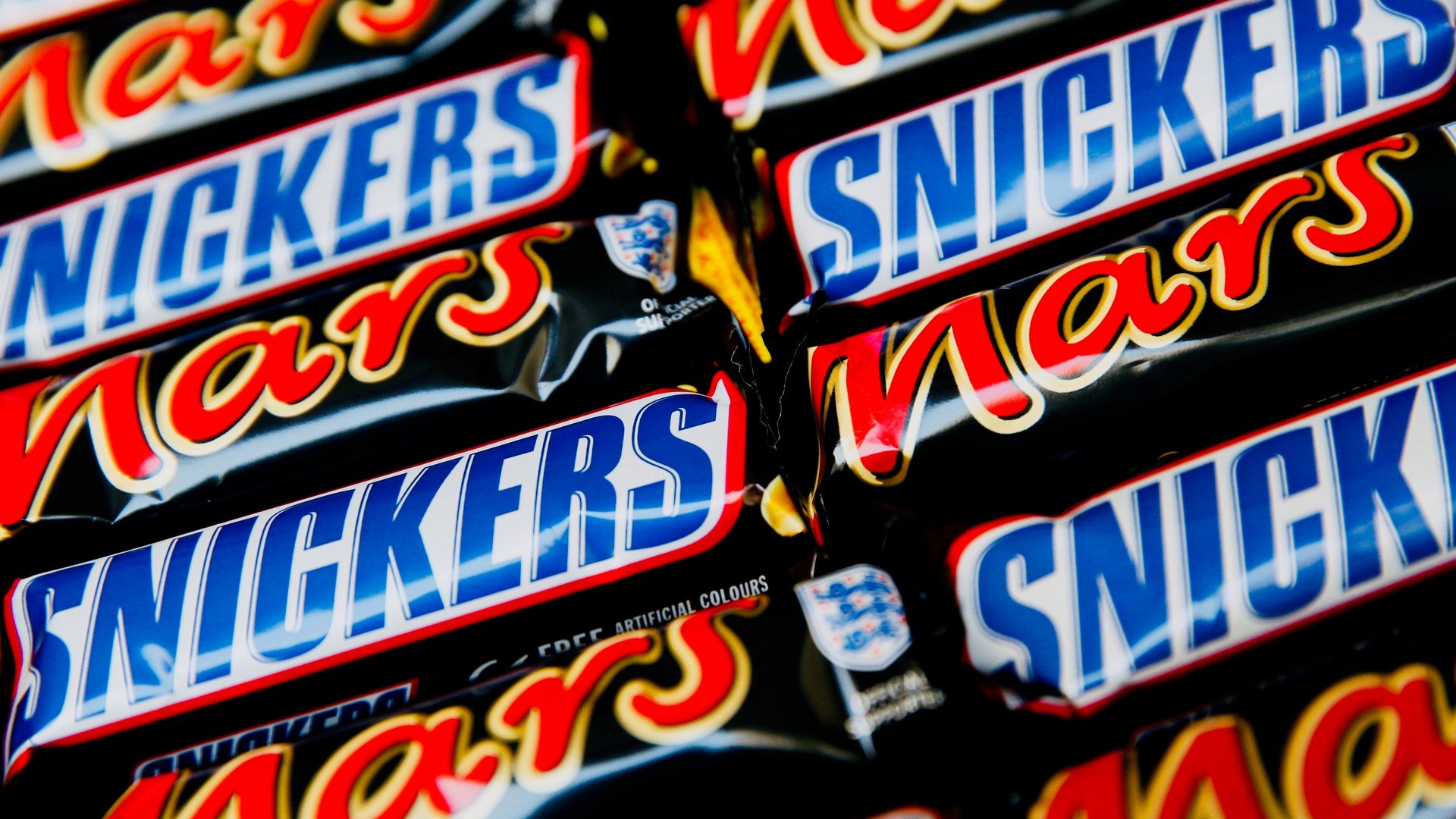What if Mars candy bar labels had to disclose a bitter truth about child labor?
Snickers candy bars famously promise to satisfy. But you might find them less satiating if you knew your chocolate could be salted with the tears of enslaved children.


Snickers candy bars famously promise to satisfy. But you might find them less satiating if you knew your chocolate could be salted with the tears of enslaved children.
Some children in Cote d’Ivoire are forced to work in terrible conditions against their will, picking cocoa beans that make their way into Mars company sweets. A class action lawsuit sought to force Mars company candy bar labels to disclose the fact that child slaves may have picked the cocoa beans that went into these chocolates. But a recent court ruling found that Mars isn’t obligated to do so under California’s consumer protection laws, because—technically speaking—child labor doesn’t affect the quality of the product.
The June 4 ruling in Hodsdon v. Mars, Inc. (pdf) comes from the Ninth Circuit Court of Appeals in California. The federal appeals court opinion acknowledges that forced child labor is reprehensible and violates international labor standards. Still, the court finds that Mars isn’t violating labeling laws by failing to disclose child slavery, and a district court made no mistake when it dismissed the case for “failure to state a claim,” according to the appellate judges.
Mars makes Snickers, Twix, M&Ms, and other popular chocolate products, which are sold in 180 countries around the world. The opinion notes that the company does recognize—as required by law—that its “supply chains may be infected with the worst forms of child labor.”
Mars buys cocoa beans from Cote d’Ivoire, where farms are notorious for abusive conditions. The Bureau of International Labor Affairs of the US Department of Labor describes the situation in the West African nation as follows:
[C]hildren . . . are working under conditions of forced labor on Ivoirian cocoa farms . . . Some children are sold by their parents to traffickers, some are kidnapped, and others migrate willingly but fall victim to traffickers who sell them to recruiters or farmers, where they end up in conditions of bonded labor . . . Some children are forced to perform dangerous tasks . . .
This is reprehensible, according to the Ninth Circuit. But omitting the information about the infected supply chain from labels doesn’t actually violate state consumer protection, false advertising, and fraud laws, as the plaintiff claims. The court writes:
[T]he alleged lack of disclosure about the existence of slave labor in the supply chain is not a physical defect at all, much less one related to the chocolate’s function as chocolate. Plaintiff contends that he has “no practical use” for the products tainted by slave or child labor, but the central functionality of the product is not based on subjective preferences about a product.
Mars successfully argued that it has no duty to disclose its awareness of possible slave labor involvement in its chocolates on labels because the child slavery doesn’t “cause an unreasonable safety hazard.” There’s no physical or safety defect in the confections as a result of the nasty labor practices, and so no reason to warn consumers.
The appellate court agreed in an opinion that is, for Mars, a bittersweet win. Child labor in the supply chain is likely important to consumers, the court posits, and “not labeling chocolate bars may indirectly exacerbate slave labor in the supply chain.” Still, it doesn’t “affect the central functionality of the chocolate products.”